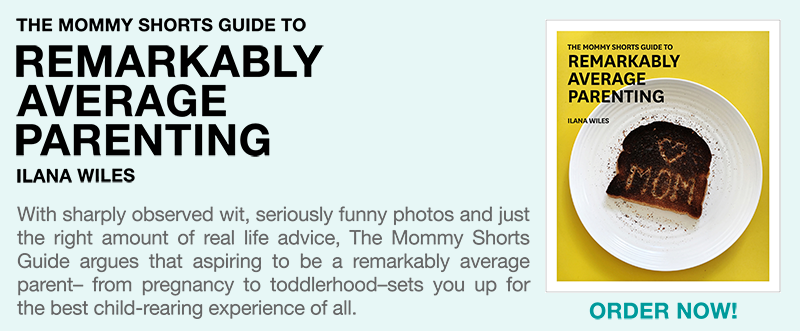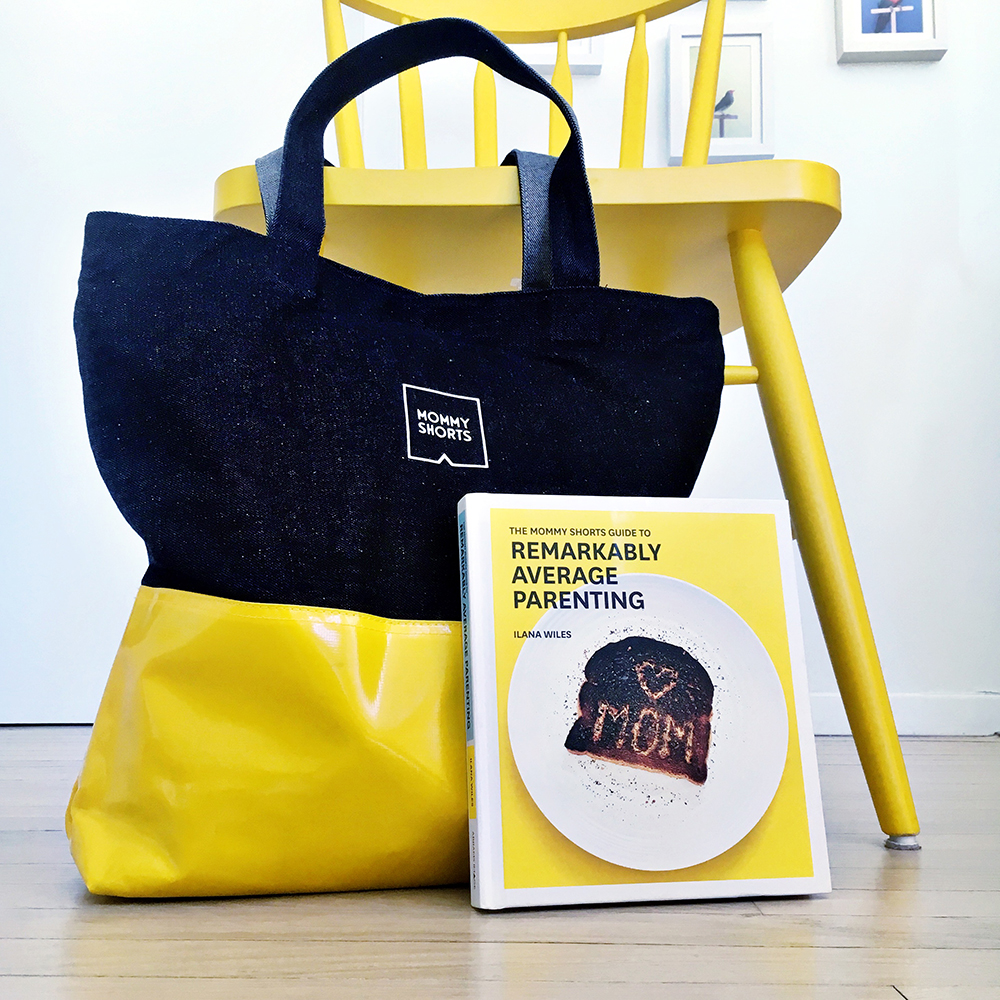 Today's question for Dr. B comes from Jill of Yeah, Good Times. Jill is always appearing above me in various "Funniest Mom Bloggers" lists. I tell myself that it's because she has more friends who she is willing to beg and bribe for votes but I suspect it may be because she is actually funnier. *Shudder*. Anyway, here she is with a serious question about sex, Family Guy and her very curious five-year-old.
Today's question for Dr. B comes from Jill of Yeah, Good Times. Jill is always appearing above me in various "Funniest Mom Bloggers" lists. I tell myself that it's because she has more friends who she is willing to beg and bribe for votes but I suspect it may be because she is actually funnier. *Shudder*. Anyway, here she is with a serious question about sex, Family Guy and her very curious five-year-old.
Dear Dr. B,
Earlier my husband reported to me that our 5 year old asked him "How old do you have to be to have sex?" My husband, always the pragmatist, told him that the age of consent in this state is 18. I wasn't there for it, I just heard about it afterwards. I'd love to blame this on his little friends at school but I'm fairly certain he learned of this subject from me letting him watch Family Guy one too many times. I take full responsibility for his new found curiosity.
I knew this question was coming at some point, but isn't 5 a little bit too young? What is an appropriate way to explain this to a VERY precocious and curious 5 year old in a way other than "it's grownup stuff"?
Thanks!
Jill
Dear Jill,
Five years old is a perfectly appropriate age for children to begin to have questions about sex. In fact, if your child doesn’t ask questions about their bodies or where babies come from by around age 5 to 6, age appropriate information should be introduced before misunderstandings arise.
It is safe to say that questions about sex catch almost all parents off guard. But learning about sex is a gradual process and therefore a topic that children will bring up over and over again so be prepared to continually address it.
As a general rule, young children need simple, age appropriate answers that satisfy their curiosity. In other words, just because a child has asked a question about sex, doesn’t mean you need to have a big discussion or that they need to know all the details.
One technique to give yourself some extra time to respond to these difficult questions and to better understand your child’s thought process from a developmental perspective is to ask them what they think the answer is to the question. For instance, if your son said he thought you had to be 100-years-old to have sex, you would probably respond differently than if he said 4-years-old.
You might also want to ask him what he thinks the word sex means. It is always better to correct a child’s misunderstandings than to provide too much information that they may not be ready to process and understand. Another way to respond to difficult questions is to say something like, “I’m glad you asked me about that. Let me think about it for a little while so I can give you a good answer.”
It is important for parents not to read too much into their children’s questions because children have much less understanding of what they are asking about than parents often think. When addressing children’s questions, remember to provide an answer to the question in a straightforward and simple manner, considering exactly what your child asked and the context. If your child asked specifically about sex, you can say that sex is something that mommies and daddies do when they love each other and want to have a baby. On the other hand, if your child asks about where babies come from without asking about sex, you can describe how babies grow from an egg in a special place in mommy’s tummy called a uterus rather than going into any detail about sex itself.
Providing a simple and straightforward answer will generally be sufficient for most children. Children are only able to process a little information at a time so it is best to keep it simple and present a little more detail each time the topic comes up. Age appropriate books should be used to go into more detail because children often understand things better in pictures than words (e.g., What to Expect When Mommy's Having a Baby by Heidi Murkoff).
It is also important to teach your child about sex so they learn about healthy boundaries, how to respect their bodies, and to prevent them from harm. Some children may ask questions about sex or use inappropriate gestures or language because they have witnessed or experienced something that they don’t understand. My Body Belongs to Me by Jill Starishevsky is a good age appropriate book that teaches children about private parts and unwanted touch that can be used to begin discussing this important subject.
Children are also often exposed to inappropriate content and language by watching television. The Parents Television Council (http://www.parentstv.org) provides updated research and ratings on the appropriateness of primetime television shows for young children. Unfortunately and not surprisingly, Family Guy was in the top 20 most popular prime time shows for children ages 2-17 and also rated the worst in terms of inappropriate content for young children based on sex, explicit dialogue, violent content, and obscene language.
Young children are like little sponges that imitate everything they see, especially what they watch on TV, so it is very important to take this into account when considering what shows you allow your child to watch. When children are exposed to adult information too early, misunderstandings are inevitable and can often be harmful. Your child might not understand the nuances of Family Guy humor, but he will still pick up and repeat language, actions and behavior.
So the bottom line is, it is normal and natural for children to begin asking questions about sex at a young age. If they don’t ask, it is better for you to give them age appropriate information before they start hearing about these topics from their friends on the playground, television, or any less reliable source than yourself.
I’ll give your husband credit for being brief and simple but it is also best to stick to the facts or your son may not trust you as a reliable source when they find out that people younger than 18 have sex. As they could very easily gather by watching five minutes of MTV.
Hope this helps,
Dr. B
Dr. B has a PHD in school psychology with an emphasis on early childhood development. If you have a question for Dr.B, please email me at myshort@mommyshorts.com.

























Thank you Dr. B !! And here I thought my child was so advanced for his age 😉 This is VERY helpful!!!
Love the picture, by the way!!
I want Dr. B (she can bring her dog) to come parent for me. I’ll do the mundane stuff. When icky sex questions, homosexual explanations, war, politics, love, hate, God, and how many licks to get to the center of a Tootsie Roll Pop come up, I can just point and nod at the good doctor. Excellent post!.
I need to look into these books now. Oy. And can Dr. B come live with me when the baby is born? LOL
My kids have asked questions, but nothing too mortifying just yet. I’m sure it’s coming!
LOVED this post! so much helpful info! (and perfect for me since my twins are 5 and I’m pregnant!)
@ErinMargolin
The best part of parenting? Almost everything has already been faced by parents before!
The Family Guy thing, though. That really bothers me. I watch Family Guy. I love Family Guy. When I was a kid, The Simpsons was scorned by disapproving parents. Without The Simpsons, Family Guy couldn’t exist. I watched The Simpsons growing up, from about age 10 or so. Family Guy isn’t appropriate for 10 year-olds. Neither is South Park, which at least is aired later at night.
I was a subbing for a 3rd grade class about a year and a half or so ago. This one kid said “Ding, fries are done! Ding, fries are done!” (set to the tune of Carol of the Bells). A Family Guy enthusiast would know that was what Peter said while working at Burger King. http://www.youtube.com/watch?v=it9d94JNriQ (although, technically it was a remake of a video already on YouTube). My only thought was “really?” “Really, you’re in 3rd grade which makes you like 7 and your parents let you watch that show?”
I have to wonder what kind of music parents let their kids listen to also. …wait, I know the answer to that!
I guess I shouldn’t find it so hard to believe that a 5 year old would ask, but yet I do!
I did what he recommends in that I gave my version before society gave theirs.
I definitely need to remember the “what do you think it is?” approach.
this is GREAT advice. I have never been embarrassed or weirded out by talking about these things…my high schoolers had a MILLION questions when I was pregnant.
yeah, I know. They DID have health class. But it is boring and here we have to preach abstinence only.
Anyway, it was shocking how many didn’t know about childbirth because they hadn’t cared to pay attention in class.
They felt so comfortable with me in one class (of mostly girls), that it seemed like every other day I was talking about a question they had. The guys were grossed out, but even got in on asking questions.
I think it prepared me for having to talk with my own kids some day.
Or at least I hope so!
Thanks for the post. Now if Dr B could help me navigate the more complex questions my 7 year olds keeps asking, like “how EXACTLY does the man’s seed get into the mommy’s belly” (who the hell told her there was a seed?) and “I know you said when two people love each other, but what EXACTLY do they do with their parts” etc, etc. Every question leads to another! Just shoot me Dr B’s # so I can give it to Emma and she can ask all the questions she wants!
Funny. My 5-year-old was asking about how babies came out just last week. And she’s never even seen Family Guy. At least she didn’t ask how babies got in. Not sure I could handle that one.
My daughter is 10 now and has asked this question in different ways a few times. When she was 4 or 5 she asked how “the baby” got inside my friends belly. I told her that my friends boyfriend put it there. That appeased her for the moment. When she was 7 she asked how babies are made. I gave her the scientific explanation, beginning with a zygote. Left out the sex part. That worked for her.
We breed dogs. So, inevitibly, she has seen the act done a couple of times. One day, a year and a half ago, she asks “Mom, do humans breed like dogs do?” I had to keep from bursting into laughter, or saying what was on my mind, which was “Well, sometimes”. I just said “Well, pretty much yes. The concept is pretty much the same.” She was quiet for a second, and then said “I thought so”. There was no more discussion.
She understands what sex is, because she says she is never going to have sex because she is not going to have a baby. She is apparently going to adopt children in large numbers to “save them from the orphanages”. This came after watching Annie.
I’ve decided that next year we will have a good “sex talk” for preteens….you know….right before I put her on birth control or lock her in her room til she’s out of college.
This post has some great information! My son is four and a half and so far we’ve been pretty lucky in the “where do babies come from?”. He has asked where he came from and I say mommy’s belly! He was a c-section baby so I show him the scar. So far it hasn’t led to other questions but when it does I’m using your tips!